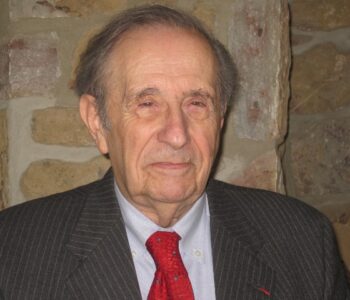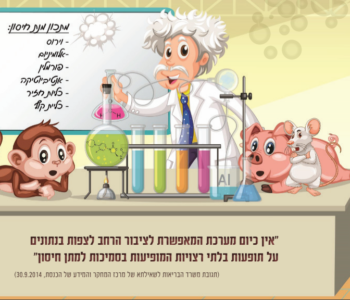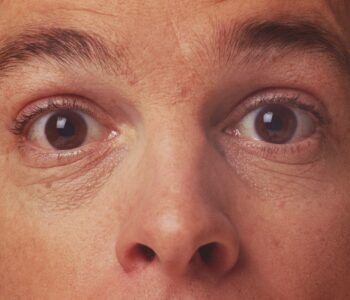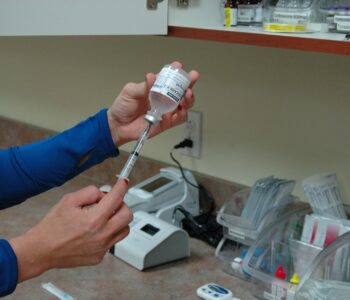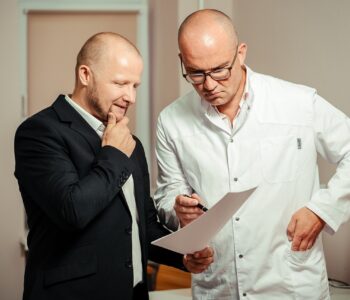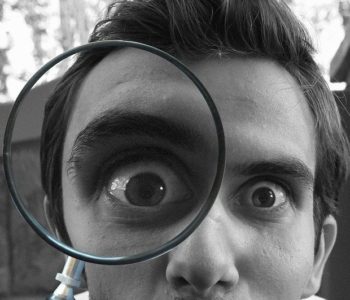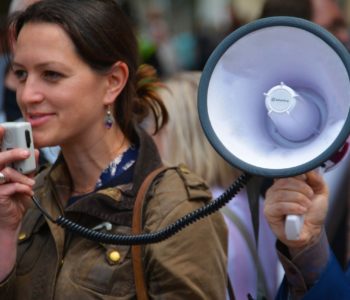
“We must be listened to: above and beyond our personal experience, we have collectively witnessed a fundamental unexpected event, fundamental precisely because unexpected, not foreseen by anyone. It happened, therefore it can happen again: this is the core of what we have to say. It can happen, and it can happen everywhere.”
Primo Levi1
Lessons from World War II
After WWII, the world was shocked to learn that doctors had conducted horrific medical experiments on human beings, leaving them debilitated or dead.
The Nuremberg Code of Medical Ethics was developed to prevent such human experimentation and atrocities from ever occurring again.2 Among the principles of the code are:
1. The voluntary consent of the human subject is absolutely essential.
This means that the person involved should have legal capacity to give consent; should be so situated as to be able to exercise free power of choice, without the intervention of any element of force, fraud, deceit, duress, over-reaching, or other ulterior form of constraint or coercion; and should have sufficient knowledge and comprehension of the elements of the subject matter involved as to enable him to make an understanding and enlightened decision. This latter element requires that before the acceptance of an affirmative decision by the experimental subject there should be made known to him the nature, duration, and purpose of the experiment; the method and means by which it is to be conducted; all inconveniences and hazards reasonably to be expected; and the effects upon his health or person which may possibly come from his participation in the experiment.
5. No experiment should be conducted where there is an a priori reason to believe that death or disabling injury will occur; except, perhaps, in those experiments where the experimental physicians also serve as subjects.
10. During the course of the experiment the scientist in charge must be prepared to terminate the experiment at any stage, if he has probably cause to believe, in the exercise of the good faith, superior skill and careful judgment required of him that a continuation of the experiment is likely to result in injury, disability, or death to the experimental subject.
Manny Bekier in “The Ethical Considerations of Medical Experimentation on Human Subjects”3 sought to understand how the doctors in Nazi Germany (a large proportion of whom signed up for the Nazi party) were able to carry out those experiments and the implications for medicine today. He wrote:
In addition to claiming they were acting within the law, the Nazi doctors justified their actions by what they considered to be moral reasons. To mention a few: law takes precedence over ethics; the good of the many is more important than the good of the few; national emergencies supersede ethics; to improve society by social engineering based on eugenic theories; some groups can lose their claim to humanity; some people were sub-humans (racially inferior) and were equated with vermin; Jews were a threat to society and the family.
The Galilee Declaration affirms the Stockholm Declaration and includes a supplement for healthcare practitioners. From Item 2 of the physician supplement:
“We acknowledge that the destructive potential of science focused solely on knowledge acquisition and population health without care for individual human beings peaked during the Third Reich with its extreme dehumanizing political conditions and profound moral failures of its health care and scientific establishments. These failures pose a major challenge to contemporary medicine, and they compel us to ensure that the lessons of the Holocaust are integrated into the identities of present and future physicians and other health professionals.”
The Galilee Declaration4
The right to decline an unwanted medical intervention, free from coercion, is codified in Article 6 (Consent) of UNESCO’s 2005 Universal Declaration on Bioethics and Human Rights:
“Any preventive, diagnostic and therapeutic medical intervention is only to be carried out with the prior, free and informed consent of the person concerned, based on adequate information. The consent should, where appropriate, be express and may be withdrawn by the person concerned at any time and for any reason without disadvantage or prejudice.
“The interests and welfare of the individual should have priority over the sole interest of science or society.” (Emphasis added.)
2005 UNESCO Universal Declaration on Bioethics and Human Rights5
However, when it comes to vaccines all moral and ethical considerations are pushed aside. Blanket claims of vaccine safety are belied by the acknowledgment that they have unavoidable adverse side effects.6 Scientists at the WHO Global Vaccine Safety Summit admitted that there is a dearth of knowledge about vaccines including a lack of safety science. Since 1988 close to $5 million has been awarded to individuals and families of children who have been grievously injured or have died from a vaccine.
Yet, vaccines are mandated purportedly for population health and the public good without concern for the individual. As we’ve seen since COVID-19, national emergencies still supersede ethics; the COVID-19 vaccine was an experiment on the world and Israelis in particular, as Pfizer CEO Albert Bourla acknowledged.
A pretense of ethics – but not really
- New York City implemented mandatory flu vaccines for nursery school children. Schools are fined up to $2,000 per child who is not vaccinated. Does that make sense to anyone, other than the vaccine manufacturers?7
- Flu fear mongering was initiated by the CDC at the behest of vaccine manufacturers because of a decline in demand?
- Here’s one doctor’s explanation of how she gets away without giving proper informed consent:
Why is she afraid to tell parents the truth about the vaccines and the diseases they are supposed to prevent? What is she trying to hide from them? Is that ethical?
Are our doctors ethical?
Disease fear-mongering is resulting in significant damage to the fabric of the Jewish community. Hundreds or even thousands of families are suffering in silence.
Related articles:
Jewish Law on Saying “No” to Vaccinating
Are the Unvaxxed the New “Jews”?
Letters of the Lubavitcher Rebbe on Medication and Healing: A 2021 Perspective
Questions for a Posek and an open letter to Poskim who demand vaccination
Footnotes
